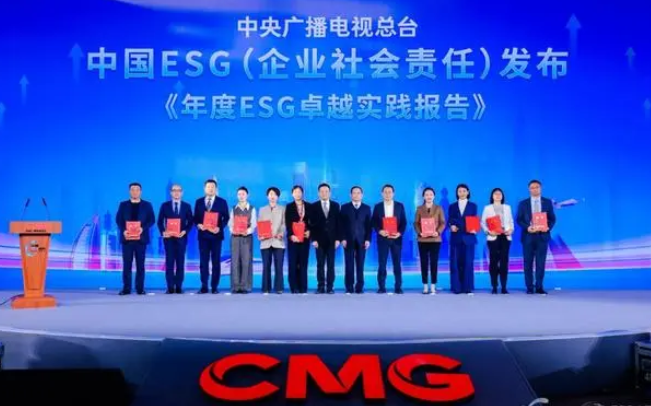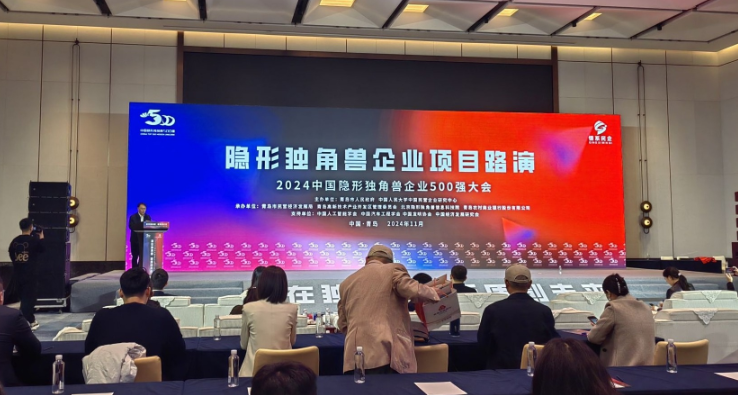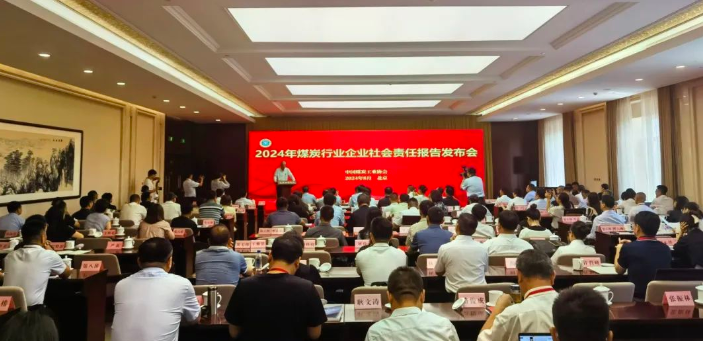韩国降低生物验证门槛 助力金融科技发展
韩国是世界上科技发展最领先的国家之一。去年,韩国政府颁布了一些金融技术发展激励政策,而现在看来好像效果不错。
在收到多个企业和企业家的压力之后,韩国金融服务委员会放宽了身份验证的管制力度。
之前韩国法律要求金融交易必须要进行面对面的认证。这就为许多金融科技企业自身发展都设置了障碍,有些生物技术公司都无法提供服务。
至少曾经有一段时间,许多声音和虹膜认证系统都被认为是不可行的。但是现在监管已经放松了,韩国生物技术公司正在蓬勃发展。
比如国有友利银行现在正在ATM机上测试虹膜和指纹认证,而新韩银行也进入了金融科技领域,推出了韩国国内首个移动银行。
金融服务委员会指出,韩国金融科技未来的三个重点领域是大数据、生物统计和机器顾问。韩国的生物识别领域发展的非常迅速,但是还有几个问题需要解决。
高丽大学信息安全教授KimHyoung-joong表示:“韩国在生物特征识别领域做得很好,但是金融领域商业化才是生物统计的未来发展方向。”
South Korea, one of the most technologically advanced countries in the world, gave its financial technology sector a boost last year, and it appears to be paying off.
After receiving pressure from multiple businesses and entrepreneurs, Korea’s Financial Services Commission relaxed identify verification laws.
Previously Korea had a law on the books requiring face-to-face authentication for financial transactions. The law made it difficult for certain fintech companies to offer services and grow.
Because of the regulations surrounding transactional verification, many biotech firms were unable to offer services.
Many voice and iris verification systems weren’t even considered viable in the least for some time. But now that the regulation has been loosened, the growth of biotech firms in Korea is booming.
The state-owned Woori Bank is now testing new iris and fingerprint authentication at some ATMs. Shinhan Bank is also moving into fintech, launching the country’s first mobile bank.
The Financial Services Commission noted three key areas of focus for Korea’s fintech scene; big data, biometrics and robo-advisers. Korea’s biometrics sector appears to be catching up quickly, although it has a few kinks to work out.
“Korea is doing pretty well in the biometrics area,” said Kim Hyoung-joong, a information security professor at Korea University. “But biometrics technologies need to be commercialized in the financial sector.”
韩国是世界上科技发展最领先的国家之一。去年,韩国政府颁布了一些金融技术发展激励政策,而现在看来好像效果不错。
在收到多个企业和企业家的压力之后,韩国金融服务委员会放宽了身份验证的管制力度。
之前韩国法律要求金融交易必须要进行面对面的认证。这就为许多金融科技企业自身发展都设置了障碍,有些生物技术公司都无法提供服务。
至少曾经有一段时间,许多声音和虹膜认证系统都被认为是不可行的。但是现在监管已经放松了,韩国生物技术公司正在蓬勃发展。
比如国有友利银行现在正在ATM机上测试虹膜和指纹认证,而新韩银行也进入了金融科技领域,推出了韩国国内首个移动银行。
金融服务委员会指出,韩国金融科技未来的三个重点领域是大数据、生物统计和机器顾问。韩国的生物识别领域发展的非常迅速,但是还有几个问题需要解决。
高丽大学信息安全教授KimHyoung-joong表示:“韩国在生物特征识别领域做得很好,但是金融领域商业化才是生物统计的未来发展方向。”
South Korea, one of the most technologically advanced countries in the world, gave its financial technology sector a boost last year, and it appears to be paying off.
After receiving pressure from multiple businesses and entrepreneurs, Korea’s Financial Services Commission relaxed identify verification laws.
Previously Korea had a law on the books requiring face-to-face authentication for financial transactions. The law made it difficult for certain fintech companies to offer services and grow.
Because of the regulations surrounding transactional verification, many biotech firms were unable to offer services.
Many voice and iris verification systems weren’t even considered viable in the least for some time. But now that the regulation has been loosened, the growth of biotech firms in Korea is booming.
The state-owned Woori Bank is now testing new iris and fingerprint authentication at some ATMs. Shinhan Bank is also moving into fintech, launching the country’s first mobile bank.
The Financial Services Commission noted three key areas of focus for Korea’s fintech scene; big data, biometrics and robo-advisers. Korea’s biometrics sector appears to be catching up quickly, although it has a few kinks to work out.
“Korea is doing pretty well in the biometrics area,” said Kim Hyoung-joong, a information security professor at Korea University. “But biometrics technologies need to be commercialized in the financial sector.”








